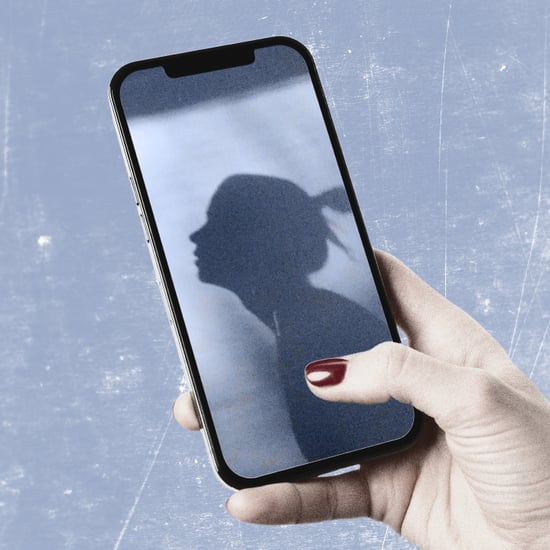How to Set Boundaries Without Saying Sorry | TikTok
A TikTok Therapist Explains How to Set Boundaries Without Saying You're Sorry
@evolveandbloom
Setting boundaries with people we love can sound uncomfortable but after some practice it will become natural ❤️ ib @mattphifercoaching #therapy
"Sorry for the delay." "Sorry I missed your call." "Sorry for the inconvenience." When I die, I swear my tombstone is going to read, "Sorry for the late response to your email." At a recent grocery run, I opened the restroom door and almost hit the woman trying to get in, and we both said "sorry" at the same time . . . even though it was an accident. Why do I constantly apologise for my existence or my struggles, especially during an ongoing pandemic?
Instead of trying to change a lifetime habit overnight, I'm going to focus on a few easy situations I can take control of thanks to TikTok psychotherapist Nadia Addesi (@evolveandbloom). She recently posted a video about setting boundaries without saying sorry, and wow, it's good.
In the video, Addesi demonstrates three things you can stop apologising for: not responding to texts quickly enough, declining a social invitation from friends or family, and needing to bow out of a disagreement. As someone with generalised anxiety disorder, with 42 unread texts currently taking up space on my phone, I commonly find myself in these situations. Instead of apologising — my go-to move to deflect unpleasant emotions or anxiety-inducing circumstances — I'm going to try using Addesi's method of taking back control of my decisions and establishing healthy boundaries.
I recently told a friend that my anxiety makes it hard for me to respond to texts right away, but that doesn't mean I don't value her. She completely understood, sharing that she also struggles with anxiety. A huge wave of relief washed over me, because while I knew my lack of response meant I was personally struggling and had nothing to do with her, I wondered if hers meant she was frustrated or upset with me. (Ironic, right?) In another moment, I asked my brother to stop talking about a political topic. I told him that it's OK if we don't agree, and that I will always love him and value my relationship with him, but I would prefer if we didn't talk about that particular thing again. He took it surprisingly well, and we've been closer ever since!
There's something powerful about not saying sorry when you didn't do anything wrong. You deserve to make your mental and physical health a priority, decline invitations that you don't want to attend, and take up space in this world. Save your "sorry" for when you truly do something to harm another person — and find peace in every other moment.






